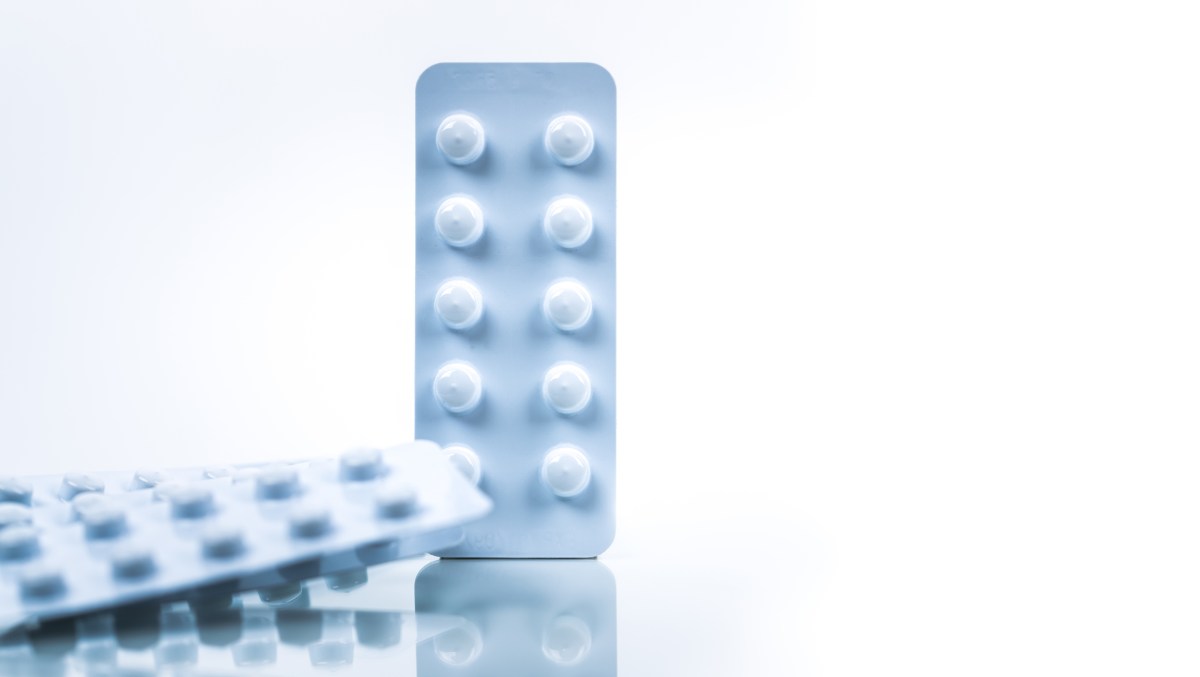A new drug trial is looking to see if a common anti-inflammatory medication is able to combat COVID-19 in its early stages.
NYU Langone Health and Montreal Heart Institute Research Center are teaming up to perform a study to see if the drug Colchicine can decrease the progression of disease in patients diagnosed with coronavirus, and therefore reducing the hospitalization and death rates. Called COLCORONA, the trial will study the effects on 6,000 patients with mild forms of the disease.
“At present, there is no proven treatment for those diagnosed with COVID-19,” says trial investigator Binita Shah, MD, interventional cardiologist and assistant professor in the Department of Medicine, and the study’s principal investigator at NYU Langone. “Our research experience with Colchicine suggests that early use of this drug may help dampen inflammation that the body produces in response to the virus and enable patients to recover without being hospitalized.”
The use of Colchicine dates back thousands of years and has been used to treat anti-inflammatory diseases. In modern medicine, Colchicine has been used to treat gout. With COVID-19 bringing inflammation to the lungs, heart and muscles in its most severe cases – in some cases, cardiologists are seeing more coronavirus-related cardiac issues in some patients – the trial will study if these symptoms can be stopped in those who have mild cases of coronavirus.
“More recently, the drug has been appreciated by cardiologists for treatment of pericarditis, or inflammation of the lining surrounding the heart,” said Michael Pillinger, MD, professor of Medicine and co-principal investigator on the study at NYU Langone. “As an anti-inflammatory, Colchicine has some of the virtues that other drugs don’t have. If used early on, it could inhibit the inflammatory responses that are a part of severe COVID-19 responses.”
Participants in the trial will be randomized to receive either a Colchicine or placebo regimen that involves taking a pill twice daily for 3 days and then once daily for the remaining 27 days. Those who are chosen to take part in the study will receive their medication the same day. The participants will later be contacted by a research nurse on day 15 and day 30 to assess their response to the medication.
In order to enroll in the trial, participants must fit the following criteria:
- Diagnosed with COVID-19 (test positive or have classic symptoms–fever, cough, difficulty breathing or loss of taste and smell) within the past 48 hours
- Be 40 years of age or older
- Have at least one high-risk criteria, (e.g., diabetes, hypertension, obesity, asthma)
- Not hospitalized for COVID-19
- Be willing to take the drug or placebo daily for 30 days
- Be willing to participate in two follow-up calls by phone or videoconference
Women who are are premenopausal and do not take contraceptives, are pregnant, or breastfeeding are not eligible for the trial. Dr. Pillinger also noted that those with bad kidney disease should not take part in the trial.
“If successful, this medication could be added to treatment protocols quickly across the country and internationally,” said Dr. Pillinger. “We are at a critical point in this pandemic where implementing our existing knowledge to find solutions is vital.”
“Even if this proves to be successful, there is still plenty of illness – this isn’t over-with by any means,” added Dr. Pillinger.
Physicians with patients, or people with a COVID-19 diagnosis who are interested in participating in the clinical study can call the hotline at any time at 1-877-536-6837 and visit the trail website, www.colcorona.org. COLCORONA is funded by the Government of Quebec and supported by Pharmascience and CGI. Additional funding provided by NYU Langone Health.



































